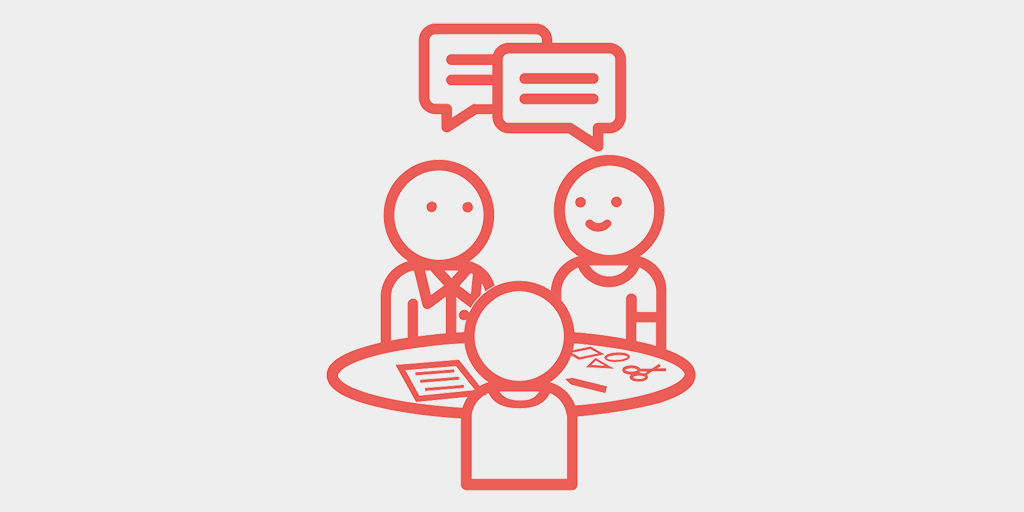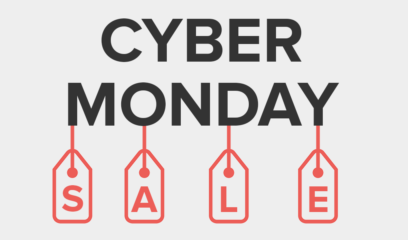If you want to truly understand your customers’ needs, expectations, and ideas for improving their experiences, you’ll need to actually talk to them. A great tool for uncovering rich customer insights is a workshop where you can bring real customers into the room and watch them open up about their current journey or their ideal experience.
We frequently host customer workshops designed to answer our clients’ burning questions about their organization’s customer experience, but we don’t do it alone—that would defeat the purpose of enabling our clients to hear and experience direct customer feedback. Instead, we enlist participants from our clients’ teams to lead group discussions and help keep customer participants on task.
So how do we choose our “internal participants”? Good facilitators…
Don’t necessarily have customer-facing experience.
It’s far more important that internal participants are naturally curious and diplomatic. Can they ask thoughtful questions? Are they good listeners? The rest comes with practice, and a customer workshop is a great intro to customer research. (Plus, we do extensive pre-workshop facilitation training to make sure our internal participants are comfy with their roles.)
Stay neutral in the face of negative feedback.
We don’t recruit customers to tell us that everything in their current journey is rosy—we want to hear the nitty gritty of their actual experience. Sometimes a customer’s frustration with a convoluted process or visceral reaction to a new idea can feel like a punch in the gut. Good facilitators can lean into that gut punch, exhibit empathy, and say three critical words—“tell me more.”
Give customers their undivided attention.
We want to make the most of our precious time with customers, so facilitators need to be able to put their day-to-day jobs on hold while customers are present. We ask all our internal participants to put their phones on “airplane mode” during workshop exercises—this often disqualifies high-level stakeholders who might need to be in and out of meetings throughout the day or frontline support managers who might be called away to deal with an urgent customer issue.
Are good storytellers.
Workshops are usually fairly small and intimate, which means that we can only involve a few internal participants. But the insights uncovered during the day won’t do any good if only half a dozen people know about them. Look for facilitators who can evangelize what they see and hear to the rest of the organization. Choose people who are excited to tell the story of their experience with customers and can convey the lows (and highs) of what they learned.




